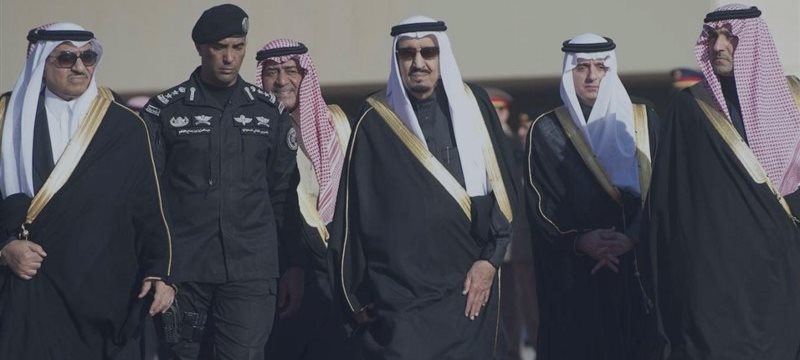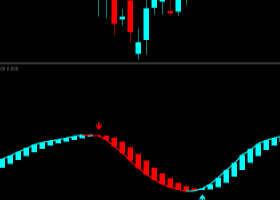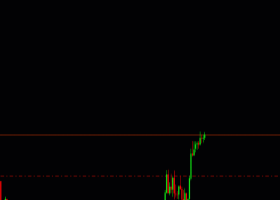It was announced on Wednesday that Saudi Arabia's King Salman bin Abdulaziz had appointed a new heir and removed some officials from the top ministerial jobs, continuing the series of changes set in motion when he took the throne in January.
Since Saudi Arabia is the world's top oil exporter dominating OPEC (Organization of the Petroleum Exporting
Countries), any shifts in its power structure is of major interest to
energy markets.
Analysts said, however, that personnel changes, which include the promotion of the Deputy Crown Prince to Crown Prince and a new Foreign Minister and Economy Minister, were unlikely to affect Saudi oil production policy.
Although it was too early to tell, production
cuts were unlikely given hints about supplying extra oil to Asia, Eugen Weinberg, head of commodity research at
Commerzbank said to CNBC.
"The focus should remain on its (Saudi Arabia's)
market share and the latest talk by (Oil Minister Ali al-Naimi) seems to
support this view along 'we stay ready to supply more to Asian clients
thanks to their stronger demand'," Weinberg said.
"I think the market is way too optimistic now and the big price correction might be around the corner."
Oil Minister Ali
al-Naimi was replaced by well-known
Saudi businessman Khalid Al-Falih as chairman of the Saudi Arabian Oil Company (Saudi Aramco, a state-owned petroleum and natural gas company) and
has also been appointed health minister - in a move that could directly affect oil.
"I don't think it (the management change) will have
much impact," Thomas Pugh, commodities economist at Capital Economics,
told CNBC via email.
"The country is unlikely to change its policy of
maintaining production as long as Al-Naimi is still oil minister and
OPEC delegate. To be fair, even if he were to be changed, it would have
to be for someone with a radically different point of view to instigate a
change in policy and I'm not sure anyone in Saudi Arabia wants that."
Al-Falih was seen as a natural successor to
al-Naimi as the next oil minister, as Richard Mallinson, a geopolitical analyst at Energy
Aspects, adding that Al-Falih would have a similar strategy to al-Naimi and would likely allow market forces to rebalance the oil price.
Other personnel changes included the appointment of Interior Minister Mohammed bin Nayef as heir to the throne and his son, Defense Minister Mohammed bin Salman, is now second in line to succeed.
Oil prices were relatively unchanged on Wednesday, despite the reshuffle.


